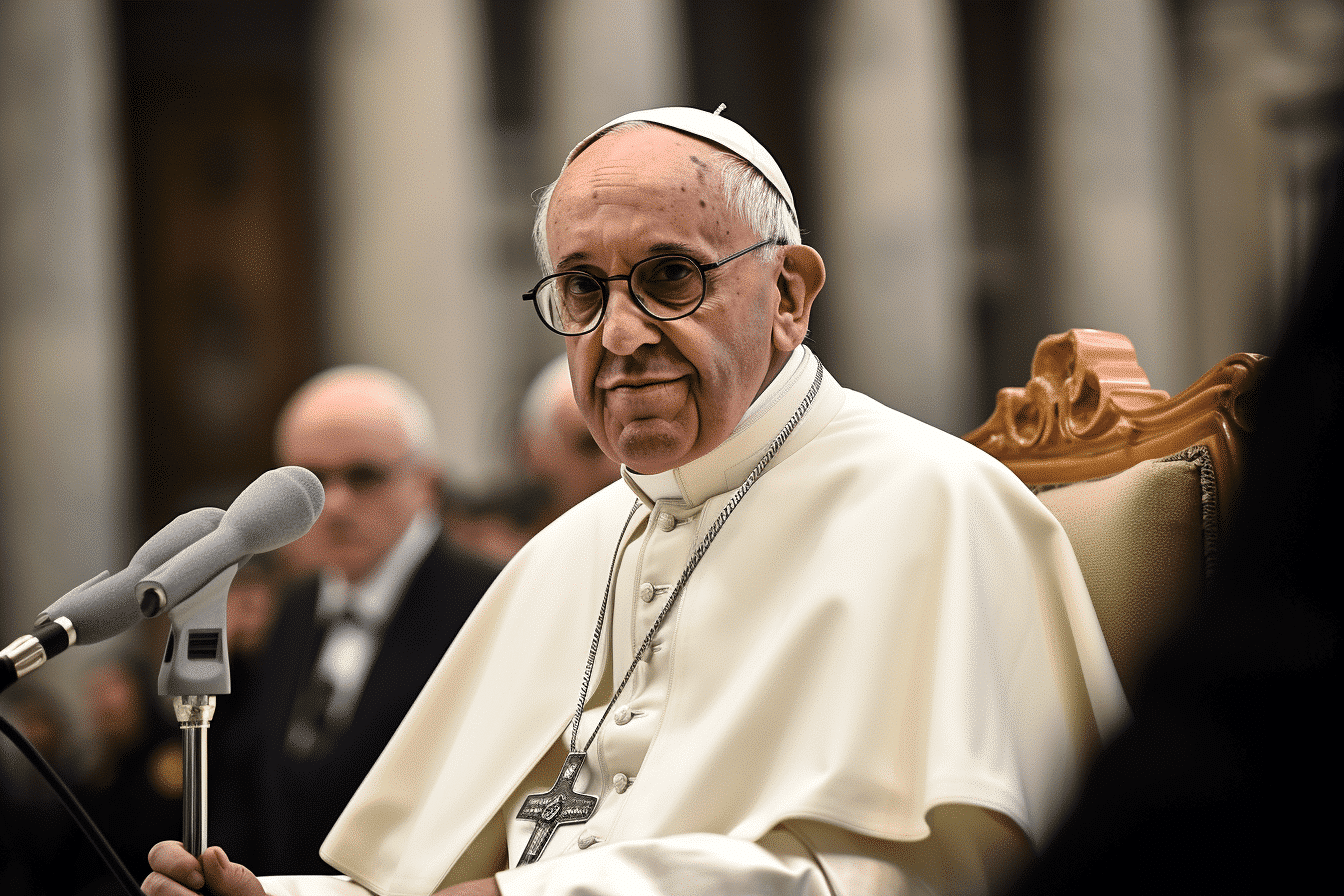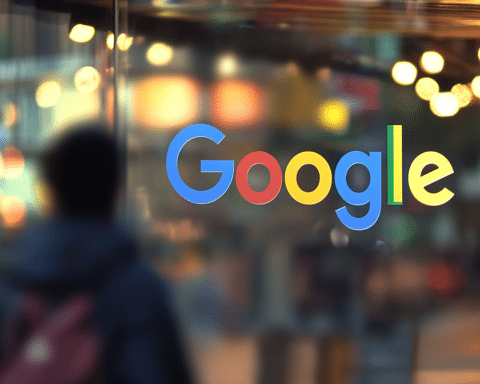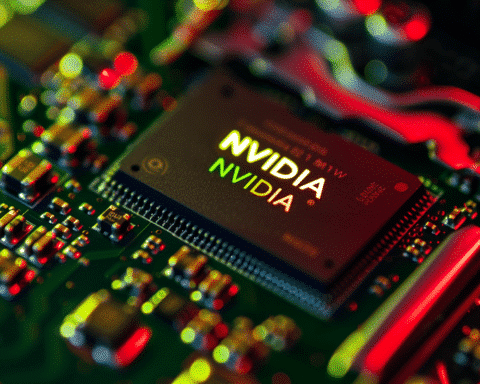Pope Francis has issued a call for an international treaty to regulate the use of Artificial Intelligence (AI), expressing concerns about the potential for what he termed a “technological dictatorship.” The pontiff’s plea comes as AI technology continues to advance rapidly and raises ethical questions regarding its impact on society.
In his annual message for the World Day of Peace, Pope Francis urged world leaders to establish a binding international treaty governing AI, one that is developed within a strong ethical framework. He emphasized the importance of human moral judgment and ethical decision-making, asserting that these qualities cannot be replicated or reduced to programming in machines, regardless of their intelligence.
The Pope raised critical questions about the long-term consequences of AI and its potential impacts on individual lives, societies, international stability, and peace. He also voiced grave concerns about AI-controlled weapons systems, citing them as a source of ethical worry.
Furthermore, Pope Francis highlighted the misuse of AI technology, including interference in elections and the growth of surveillance societies, as well as the widening gap of inequality. He argued that these factors have the potential to fuel conflicts and undermine global peace.
Despite these concerns, Pope Francis acknowledged the impressive achievements of science and technology, recognizing that AI offers exciting opportunities. His message aimed to strike a balance between appreciating technological advancements and advocating for responsible AI governance.
During a Vatican press conference, Cardinal Michael Czerny clarified that Pope Francis is not opposed to technology but views AI as a significant gamble for humanity’s future. This distinction reflects the Pope’s desire for AI development to align with ethical principles and human values.
The Pope’s call for AI regulation coincides with recent developments in the field of AI legislation. Just days before his announcement, European Union officials reached a provisional agreement on a new AI law. Simultaneously, a bipartisan group of legislators in the United States has been evaluating a regulatory framework for AI technology.
Pope Francis himself experienced the impact of AI earlier this year when an AI-generated image depicting him wearing a white puffer jacket went viral.
In the face of the rapid evolution of AI and its potential consequences, Pope Francis’s call for an international treaty underscores the urgency of addressing ethical and governance issues surrounding artificial intelligence, aiming to ensure that AI serves humanity’s best interests rather than leading to unintended consequences.




